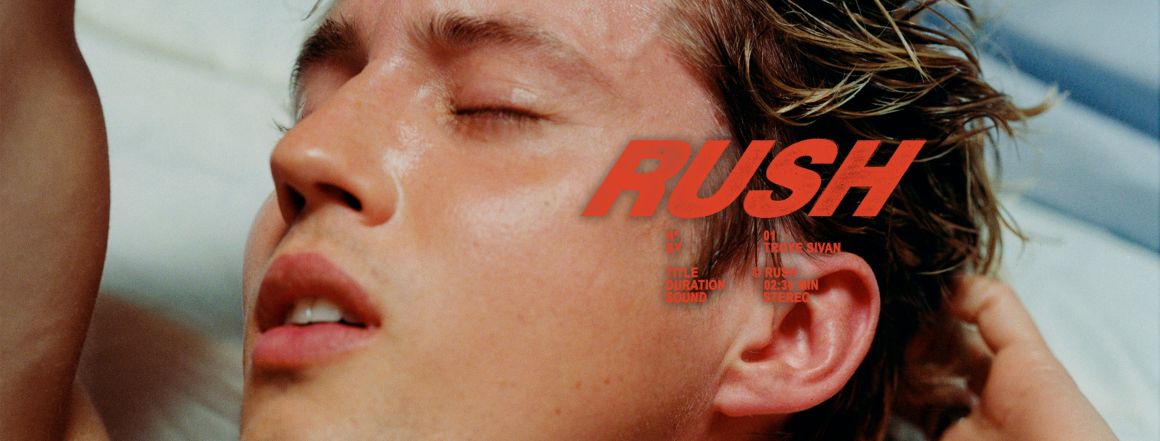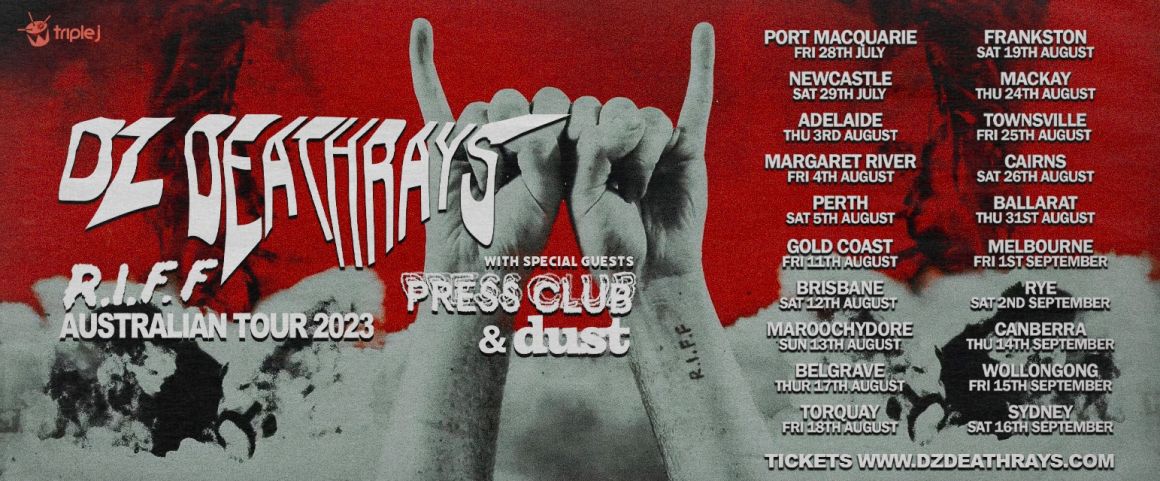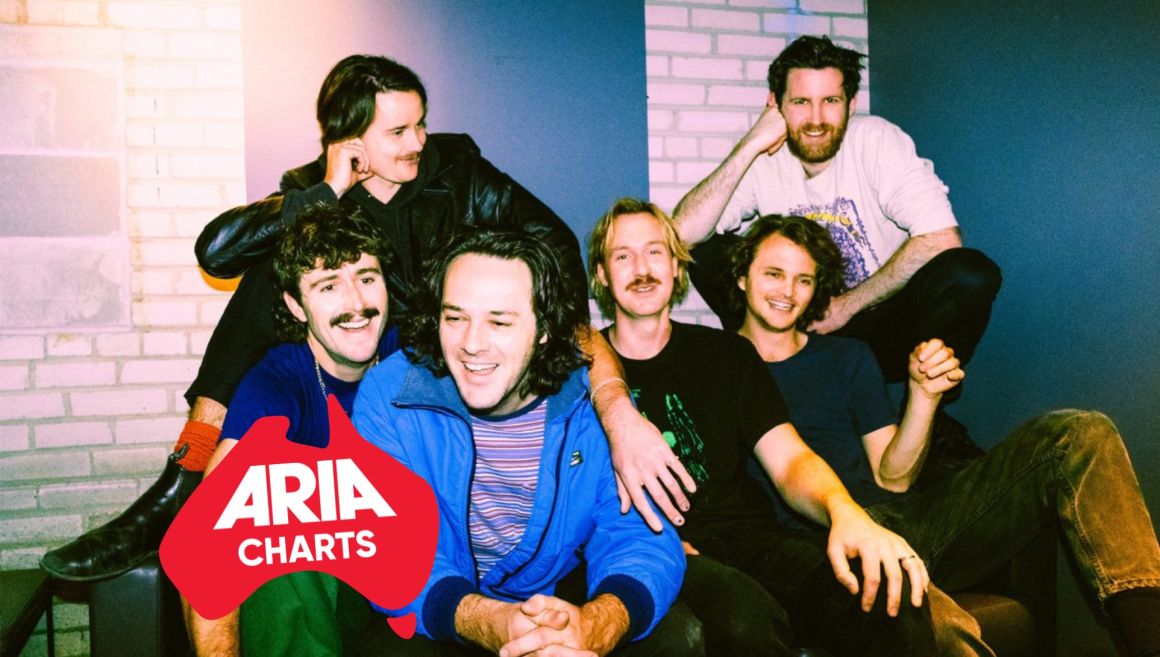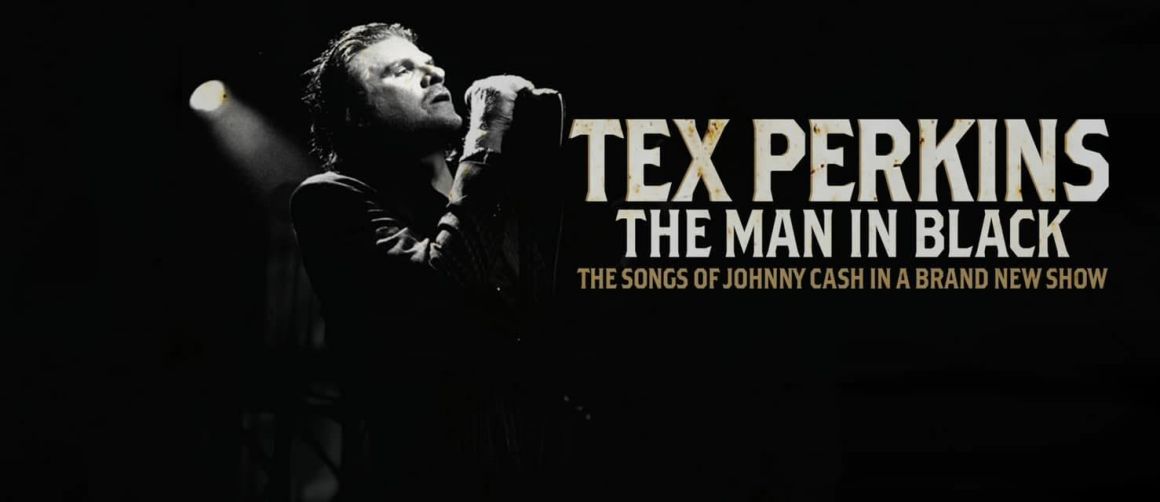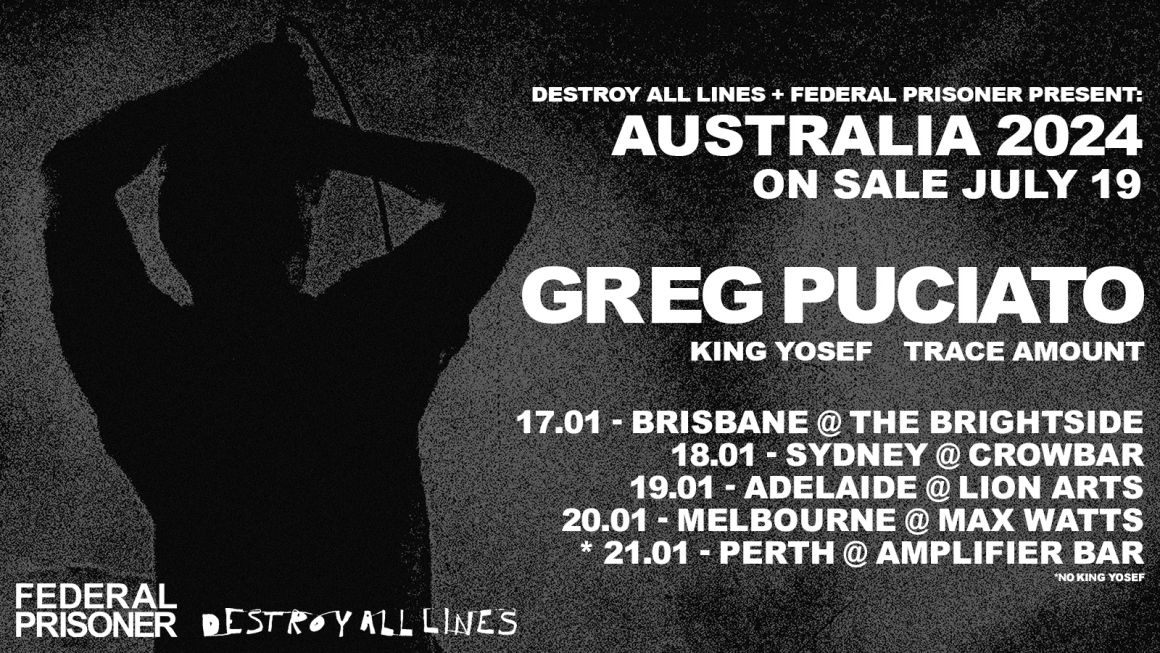Project Description
.
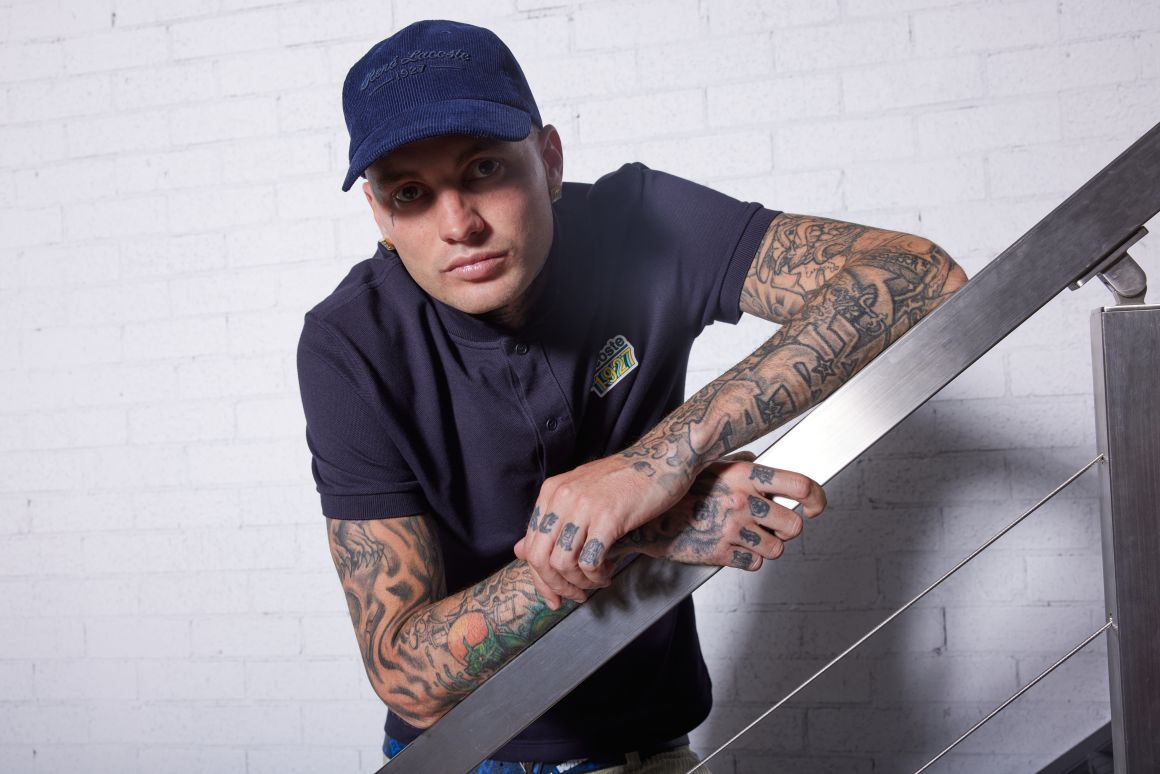 .
.
Interview with
KERSER
on his final album,
career highlights,
and overcoming challenges
by Shaquira Hobbs
Forbidden Fruit Productions
.
.
Shaquira: Nine albums with 10 on its way in three days’ time, you’ve got two mixtapes straight outta the gutter. In 2007, 2009, you had “Down the Drain” and over 150 single promo tracks. What’s the importance of album number 10?
Kerser: So the importance is, it’s like wrapping up my whole career. It has to be perfect because it’s everything I’ve worked up to, from “Nebulizer” when I was saying, 10 to 10 albums. Throughout my career, I always thought, “Alright, the 10th one has to be my best work.” And I feel like I’ve done that with this album.
Shaquira: And what’s the difference between “A Gift & A Kers” compared to your other albums?
Kerser: This album had a different preparation time. Usually, I’d tour and finish around May or June, and then have to get the album out by October or November. But this time, I’ve taken since 2020, so I’ve had three years to work on it. Open Till L8 produced most of the tracks, and we went on a journey throughout my whole catalog to capture every sound. It covers a lot more styles than my usual albums, and the prep time made a lot of difference.
Shaquira: You have a tour coming up in Brisbane, Adelaide, Melbourne, Perth, and Sydney. What drives your tours, and how do you cope with what can sometimes be a tedious journey?
Kerser: I’ve always loved touring because I get to perform the tracks fans have been waiting for live. At my shows, there’s a cult-like following, and the atmosphere is crazy. What drives me is how dedicated the fans are. They cry, they lose their mind, and it’s my way to interact with them in person. It can be a headache, but the set and seeing the fans’ reactions make it worthwhile.
Shaquira: These are huge accomplishments for Aussie Rap and an artist in general. What have been your biggest career highlights?
Kerser: One of my biggest career highlights is this album. It’s what I’m most proud of as far as the songs I’ve released. Another highlight would be when I was on Obese Records. I was told without radio play, I wouldn’t get anywhere, but I proved them wrong and made my own blueprint. I’m proud of setting that trend and showing that you can succeed without industry support.
.
.
Shaquira: Definitely. And you definitely grew with social media as well.
Kerser: Yeah, it was perfect timing. YouTube was on the rise when I was releasing, and I also had rap battles, which helped cross-promote my music. It all fell into place.
Shaquira: I’ve heard you mention Sheddy introduced you to the world of rap when you were gifted Tupac’s greatest hits and a Coolio track in year three. Is Sheddy someone still in your life today?
Kerser: Yeah, I talk to him every now and then. He introduced me to rap in year three, and since then, I fell in love with it. He was the first one to introduce me to the world of rap, and we’re still in touch.
Shaquira: Well, we’re lucky for Sheddy.
Kerser: Yeah, definitely. He was the one who introduced me to rap, and I’m grateful for that.
Shaquira: And have you heard from 360 lately?
Kerser: No, not really. We’re not on bad terms or anything, but we don’t talk every day. He’s doing his thing and attempting to make a comeback now.
Shaquira: Nice. And you’ve grown a lot as an artist from telling people to turn off their comments to now not being bothered about what people say about your songs. At what point in your career did you change from being so sensitive and not caring and then dominating the Aussie rap scene?
Kerser: At first, when I started out, everyone was talking about me, and there was a lot of hate. My initial response was to block the comments and not let it affect me. But then I realized that people are going to hate no matter what, so why should I care? I learned to have thick skin early on, and that attitude helped me succeed.
.
.
Shaquira: Definitely. Yeah. And do you feel that you have laid the backbone down and influenced Aussie rap and made it easier for new artists to enter the scene?
Kerser: Yes, I do. I think the blueprint I set made people realize they don’t have to fit into a mold. They can make the sound they want and do their own thing. Before I came along, there were street rappers, but I brought a different sound. I think I played a big part in shaping the current scene and inspiring new artists.
Shaquira: Definitely. And I’ve met a lot of people who have been inspired by your music.
Kerser: Yeah, I receive a lot of messages from upcoming and established rappers who say I’ve been a massive influence. It’s always humbling to hear.
Shaquira: You were critiqued and criticized for everything over the years, from your music to how you’re dressed. How have you stayed tough through all that and come out on top? What would you say to the haters now?
Kerser: At first, I dressed in a way that was normal for us, but others saw it differently. I turned the criticism into an advantage and ended up getting clothing deals out of it. Now, even the ones who used to hate dress the same way. I set a trend. To the haters, I would say it worked in my favor. They helped me get clothing deals and made people talk about me. So, thank you.
Shaquira: Now, you don’t have to answer if you don’t want to, but do you think you would still be where you are today if you never struggled with addiction? Or do you feel that your struggles are what pushed you for a change?
Kerser: No, I don’t think I’d be where I am. Struggling with addiction made me who I am today. Overcoming it was one of the hardest things I had to do, and it made me stronger. It gave me the drive to prove that I could overcome anything. It’s definitely a big part of my journey.
.
.
Shaquira: Well, congratulations on your progress.
Kerser: Thank you.
Shaquira: For anyone struggling, what would you tell them?
Kerser: I would tell them never to give up. It’s a process, and it can be a long one. Even if you fail multiple times, there’s still a chance. You have to keep trying. Eventually, you’ll get there.
Shaquira: Beautiful. What would you change about the music industry if you could?
Kerser: I would change how awards are given out, like the Arias. It seems to be more about who you know and what record labels you’re associated with rather than talent, sales, or influence. The awarding system needs a big shake-up to recognize deserving artists.
Shaquira: Nice. Now, your brother Rates, do you think you’ll be laying down tracks with him in the future, or is this it? No more tracks?
Kerser: As far as for me, I’m going to kick back after this one. But if Rates or JD had a project that needed a verse from me, I would definitely consider it as a favor. But other than that, there won’t be many more tracks from me, at least not in the plans for now.
Shaquira: Well, thank you for everything that you’ve laid down in the last 10 years, or a little bit longer. Thank you.
Kerser: No, thank you. Thanks for the interview.
Shaquira: Not a problem.
.

Follow KERSER
Website – Twitter – Instagram
Youtube – Facebook
.





